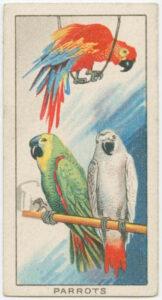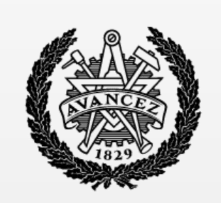 It has been three years since a would-be revolution was televised and simultaneously uploaded to myriad social sites as insurrectionists performed for their audience. It’s still hard to wrap my head around it. It’s hard, too, to contemplate what the year ahead holds for the nation.
It has been three years since a would-be revolution was televised and simultaneously uploaded to myriad social sites as insurrectionists performed for their audience. It’s still hard to wrap my head around it. It’s hard, too, to contemplate what the year ahead holds for the nation.
When I was looking for something else, I bumped into a blog post I wrote that January, pointing to the racism underlying the MAGA movement. Three years ago was just months after we watched George Floyd’s murder, captured by a witness and shown repeatedly on television. Today, the urgency of reading all the books and completing all the anti-racism checklists has dissipated. Instead the backlash against the international reaction to that murder is in full force. And the Republican front runner unashamedly apes fascist tropes, promising retribution.
Karen Tumulty recently urged us to stop pretending “this is not who we are,” just as I did in my post. Racism is an American tradition. But it’s also wise to bear in mind Jamelle Bouie’s point that it’s not who all of us are. Assuming Trump represents the majority, or that Trump supporters are the “real” Americans, is to give up on the motivating idea of the Declaration of Independence, that we are all equal. Let’s not forget how outraged and appalled we were on that day.
Our system has several flaws that give disproportionate power to a minority, but even so the dude lost! The majority voted against him. We did it before, and we can do it again.
Image courtesy of Wikimedia Commons.







 This is a talk I prepared for
This is a talk I prepared for In honor of the
In honor of the